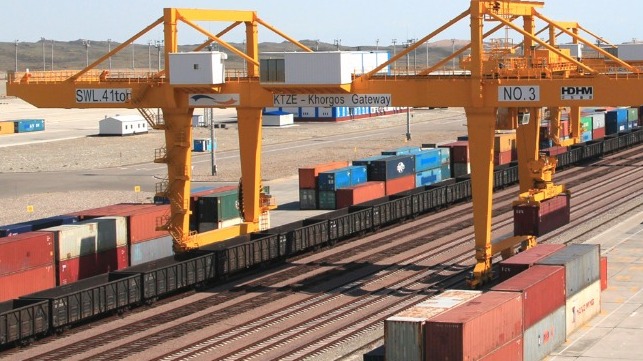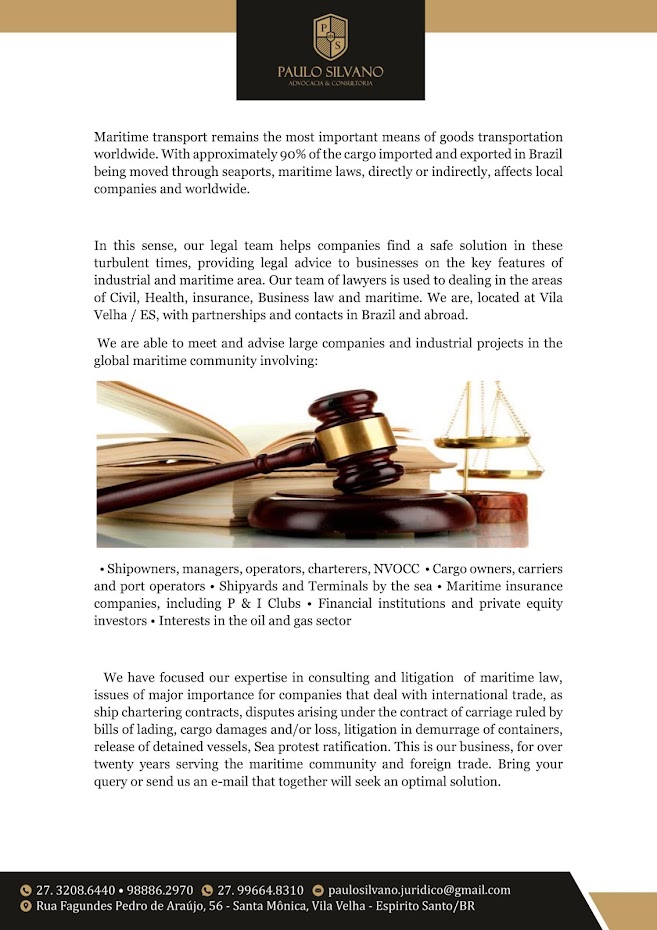terça-feira, 11 de maio de 2021
PETROBRAS AND KEPPEL
sexta-feira, 15 de janeiro de 2021
MACRON AND BRAZILIAN AMAZON RAINFOREST
image credits: https://www.google.com/search?
MACRON AND BRAZILIAN AMAZON RAINFOREST
Macron's onslaught on behalf of the EU against the
Amazon rainforest and Brazil's environmental policy, making it believe that the
forest is being distressed by agribusiness and cattle ranching in a
disrespectful disregard for global environmental laws, translate rhetoric,
which is not correct and such argument is clearly untenable.
In a perusal and analysis of the PPI (Producers Prices
Indices) indices of the main countries of the European Union, we see that
European agriculture has relevant aspects in the composition of this index. As
it has mountainous regions and faces severe climatic conditions, European
farmers receive high and relevant subsidies from the State, in order to maintain
vibrant and rural communities.
In some cases, these allowances outpace the value of
the harvest and its output, which represents a gain for farmers and their
families. The subsidies are managed by the PAC (Politica Agricola Commons),
created in 1958 by the Treaty of Rome and entered into force in 1962. It is
estimated that in 2019 the value given to subsidies to European agriculture
exceeds the worth total of 97 billion Euros. Source: https://ec.europa.eu/info/food-farming-fisheries/key-policies/common-agricultural-policy/cap-glance_en
It is important to note that European agriculture is
rooted in a strong “landlord” system, with great masters and landowners, Dukes,
politicians and large multinational companies, who do not give up receiving
these subsidies.
In short, Macron's narrative rebound and finds echo in
France, as it is the country that most subsidizes its agriculture, according to
PPI, among its European Union partners. (source:
https://data.oecd.org/price/producer-price-indices-ppi.htm) To further
complicate matters, the advent of the COVID-19 outbreak, further heightened the
need for increased subsidies and social benefits.
For all these reasons, this rhetoric does not comply
with the reality of the Brazilian Amazon, and does not support itself in
comparison with data from the agribusiness industry in Brazil, which is outstanding
and most competitive and practices state-of-the-art technology in their food
production systems to supply the world.
By Paulo Silvano
paulosilvano.juridico@gmail.com
image credits: https://www.google.com/search?q=imagem+floresta+amazonica&sa=X&sxsrf=ALeKk00ZfWoYADkjXvupUAFn-S3dlR6INA:1610734203502&tbm=isch&source=iu&ictx=1&fir=MJIL_xoflTK1QM%252Cq9PZHyFLDQRfgM%252C_&vet=1&usg=AI4_-kQEtXjhGZzrjM_zP6z8w3gHOJJezg&ved=2ahUKEwjMp5vAxJ7uAhWXIbkGHaVhD94Q9QF6BAgNEAE&biw=1366&bih=625#imgrc=NqbdbI6ITwYrRM&imgdii=kvFyykMiNLaWrM
sexta-feira, 10 de abril de 2020
COVID 19 E RESPONSABILIDADE FISCAL
https://br.reuters.com/article/domesticNews/idBRKCN21R2LG-OBRDN
segunda-feira, 30 de março de 2020
ADERBAL E A QUARENTENA
quinta-feira, 2 de janeiro de 2020
SILK ROADS, RAIL AND SEABORNE TRADE

image credits: maritime-executive.com
...Despite this forecast growth, the existing rail links between China and Europe are likely to remain niche options. Steve Saxon, a logistics expert from McKinsey in Shanghai, summarizes it nicely: “Compared to sea freight, the volume of goods transported to Europe overland will always remain small.” Read more at
https://www.maritime-executive.com/editorials/can-the-new-silk-road-compete-with-the-maritime-silk-road
quinta-feira, 7 de novembro de 2019
BRAZIL, OIL POLLUTION
image credits: google image
OIL POLLUTION, BRAZIL
Despite of high media and public interest in this subject, to unveil the real polluter of heavy oil washed up at the northeast coastlines in Brazil, resulting in a most unprecedented incident and worst damages to the marine environment.
The International Tankers Owners pollution Federation -ITOPF is advisoring the Brazilian institutions, such IBAMA and Navy to handle this case. Bearing in mind of some tankers ships has been appointed as liable for the disaster, the international legal frameworks, comprise of several rules of civil liabailities.
Among these entangled regulations, we may highlight two main conventions to be applied at this case: International Convention on Civil Libilities for Oil Pollution Damage (1969 CLC) and International Convention on the Establishment of an International Fund for Compensation of oil pollution damages ( 1971 fund convention).
We are convinced that whereby detected liability of the owner of the polluting vessel, shall be charged and supplemented by additional compensation available from a fund, to the Brazilian government. Read more at....
http://www.itopf.org/news-events/news/article/240/



